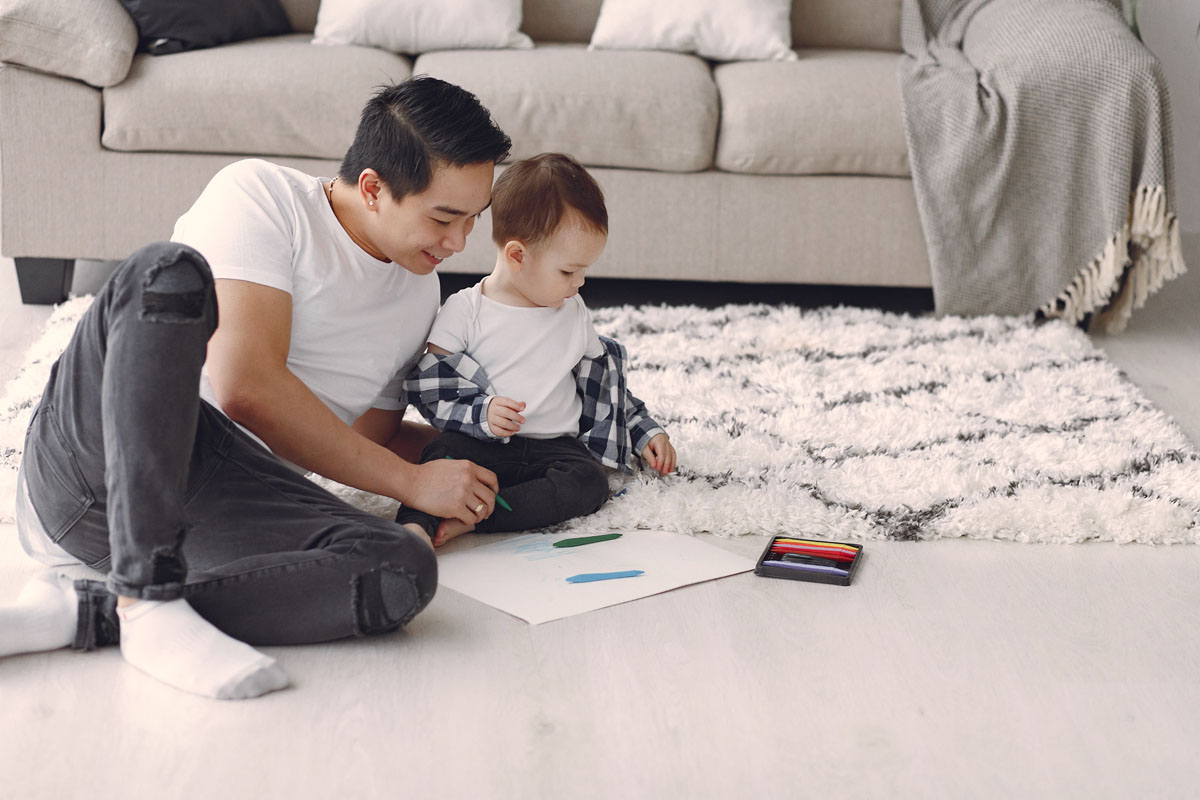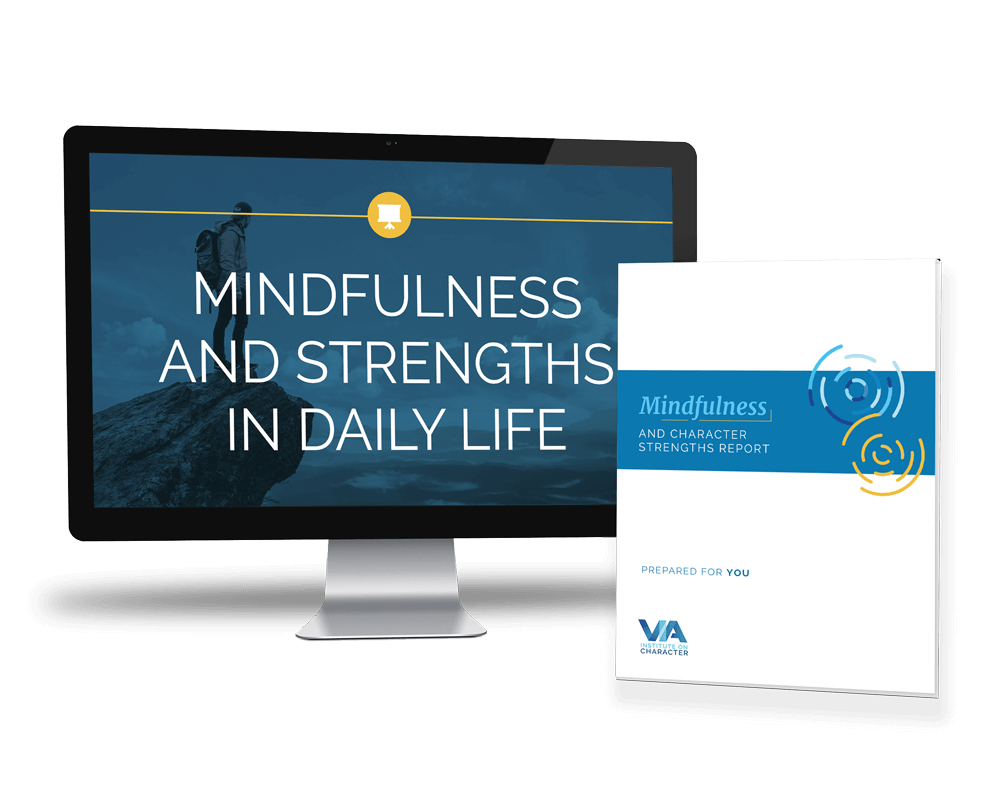Want to make the most of Father’s Day? There are many ways you can take action to enjoy and make the most of this special day (and the other 364 days). The strategies I offer here are around building positive states of mind, specifically flow, savoring, and mindfulness. Each is distinct from the other and each is packed with good potential for building your (and others’) well-being.
You can learn these three very quickly. And, the more you practice with them, the more you’ll find you can access them during the many stages of fatherhood, from times of stress and overwhelm to vacations and peak experiences to the everyday, mundane routines of life.
Strategies for Mindful Parenting: Flow, Savoring and Mindfulness
1.) Prolong the positive = savor
What is savoring?
- Have you had the experience when you are eating a piece of chocolate or your favorite ice cream and you want every bite to last forever? You eat more slowly, sitting with each sensation, and relishing the flavors. This is called savoring. This occurs when you identify something as a positive feeling and you try to prolong that feeling. Why not take that approach with your child? Really soak in the positive feelings when you are with them.
How to create savoring in fatherhood:
- The next time you and your son or daughter are enjoying your time together, identify the emotion you are experiencing? Is it joy or excitement? A healthy pride while you play catch in the backyard with them? Is it serenity or awe? Or, amusement as you watch a funny show together?
- After you name the feeling, locate it in your body. What sensations are part of the feeling? A lightness in your shoulders? The quick beating of your heart? An ease in your breathing? You are feeling an emotion so it is in you somewhere!
- Stick with the feelings and sensations. Allow them to be there. When you find yourself going to the negative or moving on, deliberately return your focus to the positive feelings and the body sensations.
Don’t forget your character strengths:
- Enlist your gratitude to help you deepen your positive emotions. You might feel grateful for your child and for your time with them. This strength can enhance your savoring.
2.) Just be = mindful
What is mindfulness?
- Mindfulness means to take control of your attention while being open and curious to whatever is happening in the present moment. You can bring mindful awareness to just about anything – how the smile of your son creates dimples on his cheeks, the sound of the giggle of your daughter as she runs in circles, or the weight of their body as you lift them above your head. You can be aware of the tension in your body, the worried thoughts in your head, or the urge to turn your attention to work. Mindfulness is agnostic when it comes to positive, negative, and neutral. Unlike savoring, it is not about creating positive emotions, instead it is about noticing “what is.” It’s about being present to whatever is there – laughter or tears.
How to create mindfulness in fatherhood:
- Just “be.” Be with your child. Period.
- In other words, be present to your child by observing rather than telling, listening rather than critiquing, and seeing them rather than seeing your phone.

Don’t forget your character strengths:
- The two character strengths at the heart of the accepted scientific definition of mindfulness are self-regulation and curiosity.
- Use your self-regulation to discipline your mind to continuously return to the present moment when you are with your child. Whether the experience is pleasant, unpleasant, or neutral, you can be there for it.
- Use your curiosity to be open to the experience with your child. This might lead you to explore, learn, or co-create something with them. Your curious eyes, thoughtful questions, and feelings of interest will help you connect to your child in the moment.
3.) Find the zone = flow
What is flow?
- Flow is a state of absorption we experience when we are using our skills or strengths and being challenged in some way. It’s what is meant by being “in the zone.” When you are playing a sport and nothing seems to be distracting you as you swing the tennis racket, shoot the basketball, jogging five miles, or make your swimming strokes, you are likely in flow. You don’t notice the passing of time. You are challenged but there’s also a sense of it being effortless.
How to create it in fatherhood:
- Reflect on this: What is something that you and your child like doing together? What activity brings a smile to your child’s face (and yours) and you are not pulled toward your work or phone? Perhaps it’s when you go on a nature walk? Play with dolls or figures? Read a favorite book together? Kick the soccer ball in your yard?
- Set aside the distractions and engage in that activity with your child today.
- Name a strength that you share with your child, in other words, both of you are high or relatively high in that strength.
- Create an activity that involves your mutual use of this strength together! For example, if you are both high in creativity, do a painting or collage together. If you are both high in social intelligence, go to a park, sit on a bench, and “people watch” together.
Don’t forget your character strengths:
- Use your creativity or leadership to bring the shared activity with your child to life. Prudence might help you plan or organize the activity. Perseverance will help you follow through regardless of daily tasks that come up.
- Remember that your highest strengths, your signature strengths, are likely to be most engaging for you (thus are primed for flow experiences). How might you use your signature strengths to create or engage in flow with your child?


